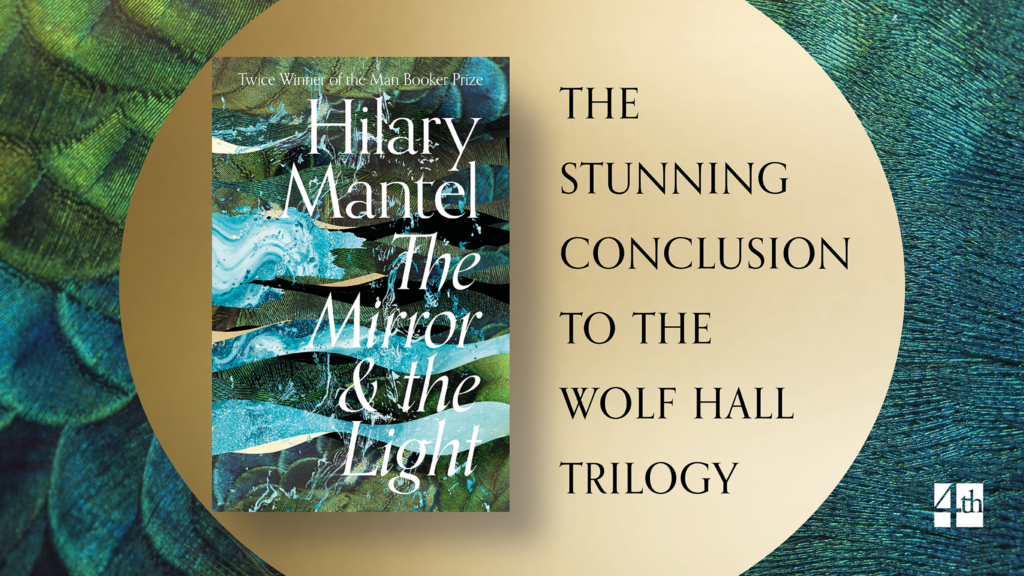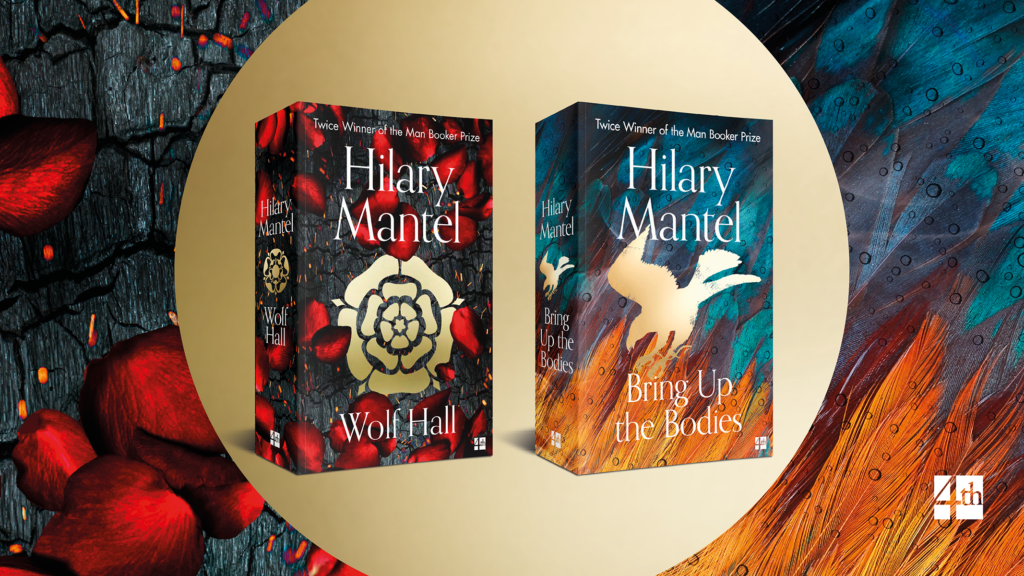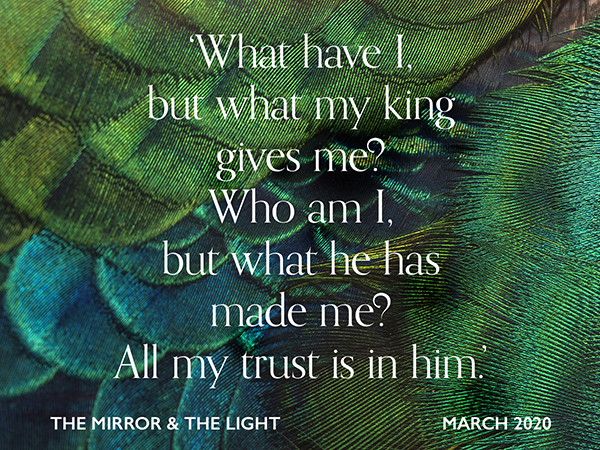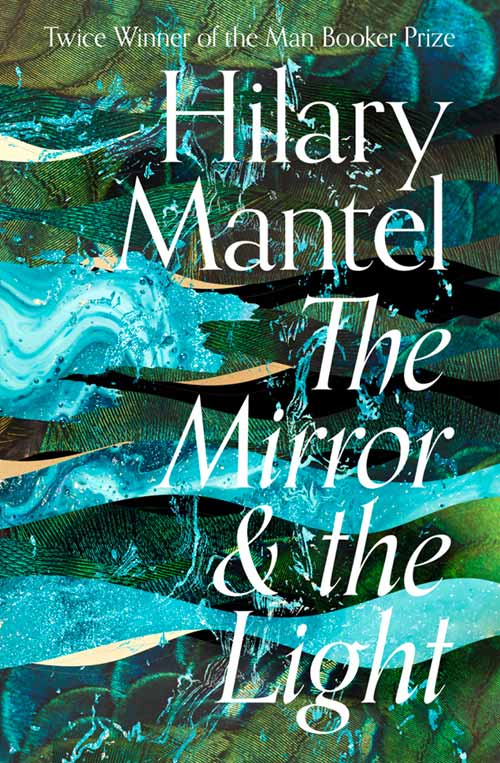Opposition, Contradiction and Division in Cromwell’s Orbit
The two Cromwell novels are teeming with dualities and divisions.
From the double nature of the King’s status as a divine being (‘The king has two bodies. The first exists within the limits of his physical being; you can measure it, and often Henry does, his waist, his calf, his other parts. The second is his princely double, free-floating, untethered, weightless, which may be in more than one place at a time. Henry may be hunting in the forest, while his princely double makes laws. One fights, one prays for peace. One is wreathed in the mystery of his kingship: one is eating a duckling with sweet green peas’) to the King’s natural behaviours: a man who values Cromwell for offering him simple conversation, and a king who convulses with rage that Cromwell lacks sufficient humility before his monarch. Henry is a man who has married three times, yet he is a king who has had only one true wife. He is rarely present, but the lives of everyone are shaped by his choices. He can do whatever he pleases, but he cannot get what he wants.

The many languages divide the characters in the books too: Cromwell shows his early intelligence and expressions of affection by surprising his brother-in-law with his skills in Welsh, a language he has picked up merely by being around Morgan Williams’ family. Thomas More, on the other hand, insists on conversation around the supper table being exclusively in Latin, ‘though More’s wife Alice is their hostess and does not have a word of it’. More uses the multitude of languages to exclude and exhibit, while Cromwell’s clerk Rafe Sadler plays translator at Austin Friars ‘adroitly, smoothly, his head turning from side to side: high topics and low, state craft and gossip’. Language at Cromwell’s home is for welcoming, uniting and building bonds between differences.
The contradictions of peaceful privacy and noisy company also play through the novels. Henry is glad to be able to speak to Cromwell ‘alone’; ‘In fact, the population of a small village is circulating around them. The king does not know what “alone” means. Is he ever by himself, even in his dreams? … “Alone” means just with my yeoman of the bow and his menials, alone with my gentlemen of the privy chamber, who are my select and private friends.’ Similarly, Cromwell is rarely alone, kept company by his wife and children, clerks and servants, wards and friends, gardeners and cooks and accountants and messengers, where ‘every letter of the alpha- bet watches you’. But for all that, he is grateful; he may share a sense of crowdedness with the King, but they are his family and his friends, people who love him, tease him, challenge him, rather than purely serving and fearing him. More has his own crowd of family members, but his are there purely for display: ‘Entering the house, you meet the family hanging up. You see them painted life-size before you meet them in the flesh; and More, conscious of the double effect it makes, pauses, to let you survey them, to take them in’. There is no merry, crowded goodwill here, merely psychological back-up.

The duality of the sexes between each book is fascinating. Wolf Hall is a book of statecraft, learning, men in rooms wielding their cool logic to shape the future. Bring Up the Bodies, for all its violence and weaponry, betrays the idea that Tudor England is a man’s world: it is a book of wives and daughters, mothers and mistresses. Jane Seymour’s humble presentation is the handy front for her careful future career; George Boleyn’s wife, Lady Rochford, is responsible for bringing down the Queen and several influential men of the court; Anne’s pregnancies, child and miscarriages spark a second marriage annulment for the King; we see over and over that wives and daughters know the truth far more than the men suspect, and often, simply more than the men; they carry secrets and gossip that shape policy; they share valuable information with one another; they do the vital work of running households and continuing – or ending – family lines; Elizabeth and Mary, the King’s two daughters, we know are heading towards nation-defining monarchies of their own. In Bring Up the Bodies, as the executions draw nearer, it is the men who collapse and weep. Anne Boleyn chills Cromwell with the control she displays over her emotions, and her hearty appetite; it is her noble ladies-in-waiting who collect her body in the moments after her death, ‘each of them awash in her blood, and stiffly walk away, closing their ranks like soldiers’. The men of the book, however, are frequently overtaken by their emotions, running on anger and disappointment, lust, tears and grief. It is the women, pragmatic, who keep this world turning.
Thomas Cromwell himself is a captivating character of opposites. He doesn’t torture, but he can make grown men scream and confess anything he wants. He is simply ‘a person’, a derogatory term constantly thrown at him by the lords and nobles with whom he must work, but by the time of Anne’s trial, he is sending the King himself to his chambers and writing the death sentences; a man who must know everything and be surprised by nothing, but a lawyer who insists he wants ‘the truth little by little and only those parts of it we can use’. Cromwell insists to his friend that he ‘cannot split myself into two, one your friend and the other the king’s servant,’ but does so repeatedly and whenever it benefits his needs.
From King to Cromwell, words to actions, it is the perfection of the balances between these dualities – the light, the power, the conflicts and all-too-human inconsistencies – that make these books such masterpieces.
The Mirror and the Light is out now.


